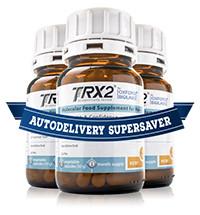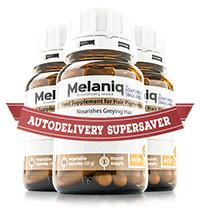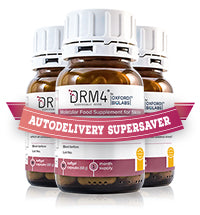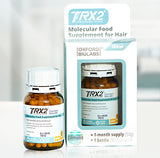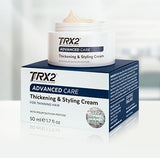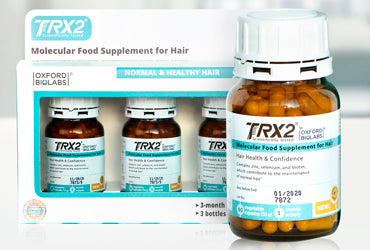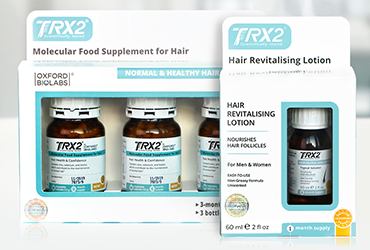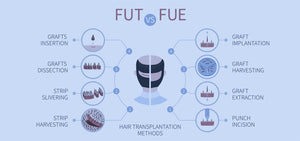The ketogenic diet (generally referred to as the ‘keto’ diet) is a low carb, high fat diet that many claim significantly benefits their health. These claims are backed by studies, most of which conclude that this diet promotes weight loss and improvement in overall health. Furthermore, this diet can be beneficial for those with diseases such as cancer, diabetes, epilepsy and Alzheimer’s.
If you know anything about the Atkins diet or other low carb diets, you’ll already have a head start in understanding the keto diet. In short, you will be severely limiting your carbohydrate intake, instead consuming more fat. This process puts your body into the metabolic state known as ‘ketosis’. At this point, your body is much better equipped to burn fat for energy; it turns fat into ketones in your liver, creating an energy source for your brain. The ketogenic diet also reduces blood sugar and insulin levels, which can be another way to improve your health.
The keto diet: what is ketosis?
Ketosis is the name for the metabolic state that has your body converting fat to energy, rather than carbohydrates. When you drastically drop your carb intake to between 20 and 50 grams a day, your body doesn’t get enough glucose (the usual cellular energy source) and so it turns to fat for this energy. You will also need to decrease your protein intake to some extent, because this too converts to glucose if you eat enough of it.
To replace the carbs you’ve dropped from your diet, you’ll be taking in more fats via meat and fish, nuts, oils and eggs. Many find that intermittent fasting brings ketosis on more quickly. For example, you might eat the day’s food within an 8-hour period, then eat nothing for the next 16 hours.
If you’re wondering how to tell when you’re in ketosis, you can use keto strips (breath, urine or blood tests) to measure your ketone levels. However there are usually signs that you’re in ketosis: a dry mouth or heightened thirst, needing to urinate more often, and lessened appetite or hunger are all good indicators.
Which type of keto diet should you choose?
If you’re thinking about starting the keto diet, it is worth knowing that there is more than one type, so you will need to think carefully about which ketogenic diet to start in order to meet your body’s needs. There are actually four types of keto diet, but it is important to note that only the standard and high protein diets have been studied in detail. Here is a summary of the different keto diets:
- The standard ketogenic diet: Very low carb (approx. 10%), moderate protein (approx. 20%) and high fat (approx. 70%)
- The high protein ketogenic diet: Like the standard diet but with a higher protein intake. Approximately 5% carbs, 35% protein and 60% fat
- The cyclical ketogenic diet: An advanced diet used mainly by athletes and bodybuilders. Includes periods of bigger ‘carb re-feeds’. For instance, 5 keto days, then 2 high carb days
- The targeted ketogenic diet: An advanced diet used mainly by athletes and bodybuilders, in which you consume carbs around your workouts
What are the keto diet benefits?
Weight loss is one of the more common reasons people try a ketogenic diet out. Studies have shown that it is possible to lose 5 times as much body fat than people on low fat diets. That is far from the only benefit though! Although studies are not yet fully conclusive, it is indicated that this diet has a positive impact on many chronic diseases and health conditions.
Here are the main keto diet benefits to be aware of:
- Long-term weight loss (it could be more effective than low fat diets)
- Loss of excess fat
- Decreased risk factors for disease (such as prediabetes and diabetes)
- Being able to eat plenty of food – no calorie counting required
- Diabetes management (due to improved insulin sensitivity/reduced hemoglobin A1C)
- Improvements in diseases such as cancer, heart disease, epilepsy, Alzheimer’s, polycystic ovary syndrome and Parkinson’s
- Reduced diastolic blood pressure and triglyceride levels
- Better recovery from traumatic brain injuries
What can you eat on the ketogenic diet?
The following list will give you an indicator of what you can eat on the keto diet, so these are the things you should base your meals around:
- Red meat, ham, sausage, bacon, chicken, turkey
- Fatty fish such as salmon, mackerel, trout, tuna
- Grass-fed butter, heavy cream, unprocessed cheese
- Pastured or omega-3 eggs (organic and free range ideally!)
- Extra virgin olive oil, avocado oil, coconut oil (health oils only)
- Avocados
- Low carb vegetables
- Nuts and seeds
- Salt and pepper, herbs and spices
Which foods should you avoid on the keto diet?
Below are the kinds of foods you need to consume less (or none) of if you want your diet to be successful. The general rule is to avoid high carb and low fat foods:
- Wheat products, rice, pasta, cereal
- Peas, beans, chickpeas, lentils
- Potatoes, parsnips, carrots and other root vegetables
- Sugar, sweets, cakes, puddings, desserts, ice cream, syrups
- Fruit (except a small amounts of berries), smoothies
- Low fat/diet products, sugar-free foods, sweeteners
- Ketchup, barbecue sauce, honey mustard, teriyaki sauce and similar
- Processed vegetable oils, mayonnaise
- Soda, fruit juice, alcohol, mixers
